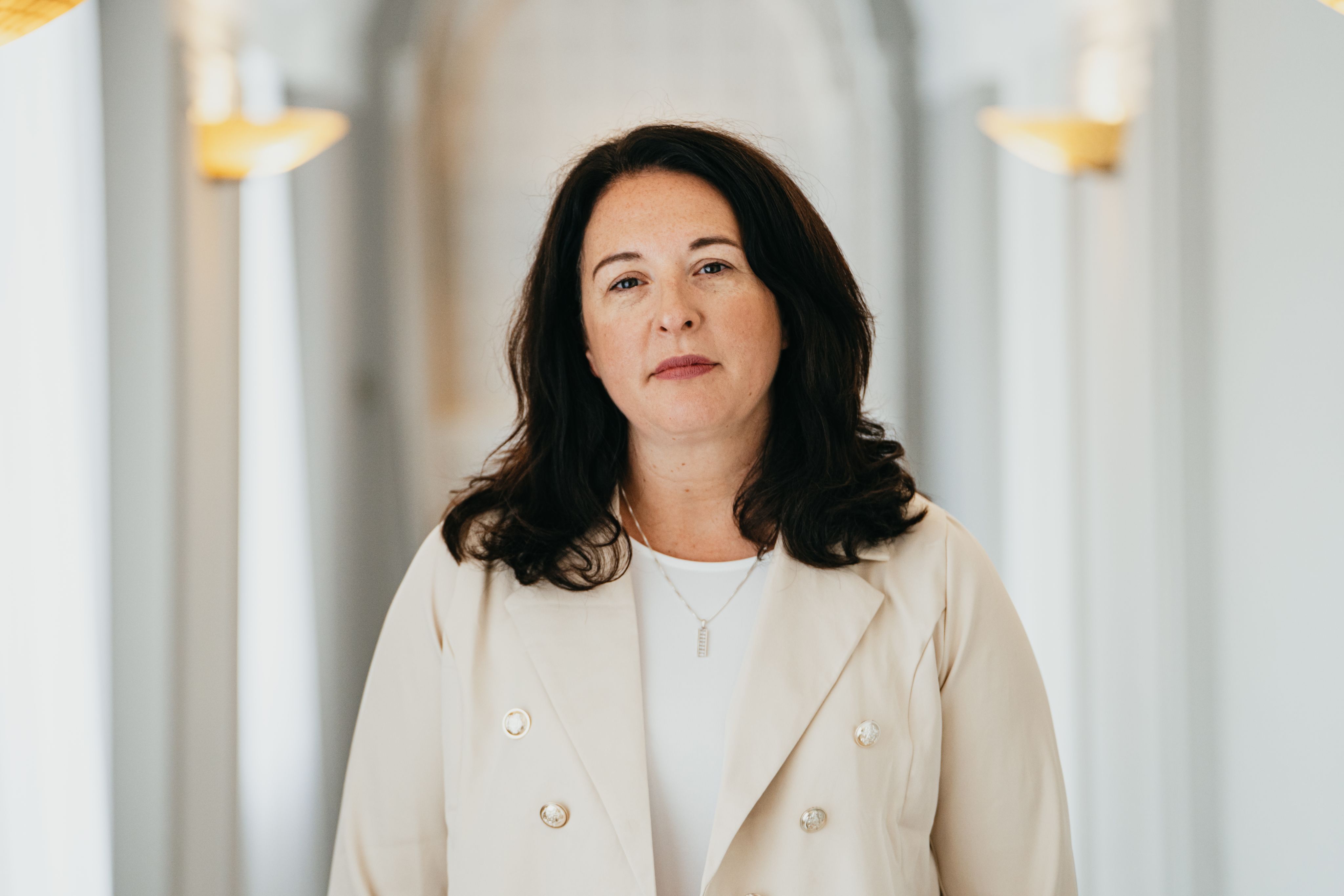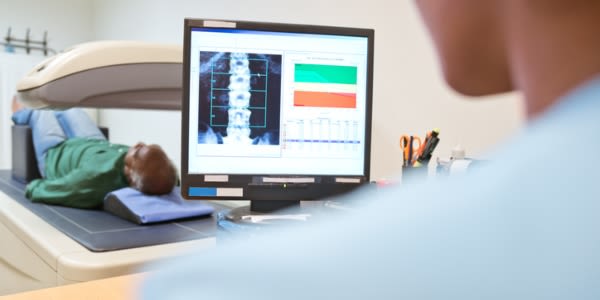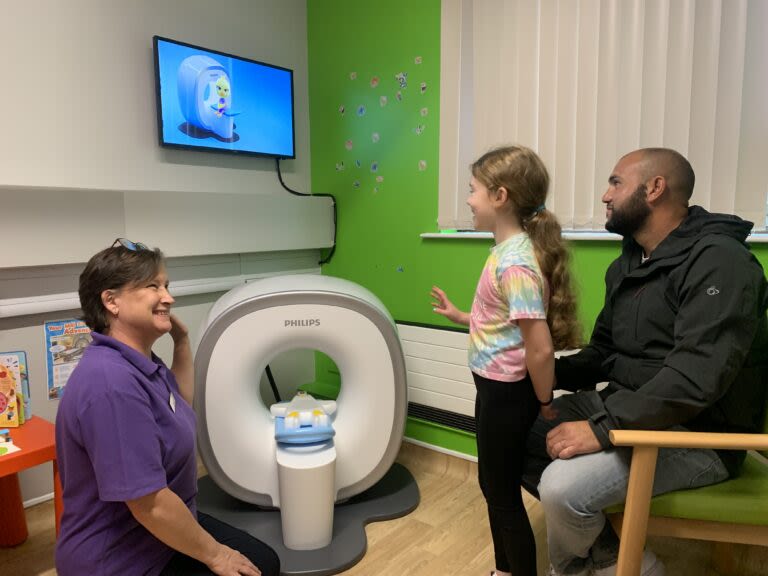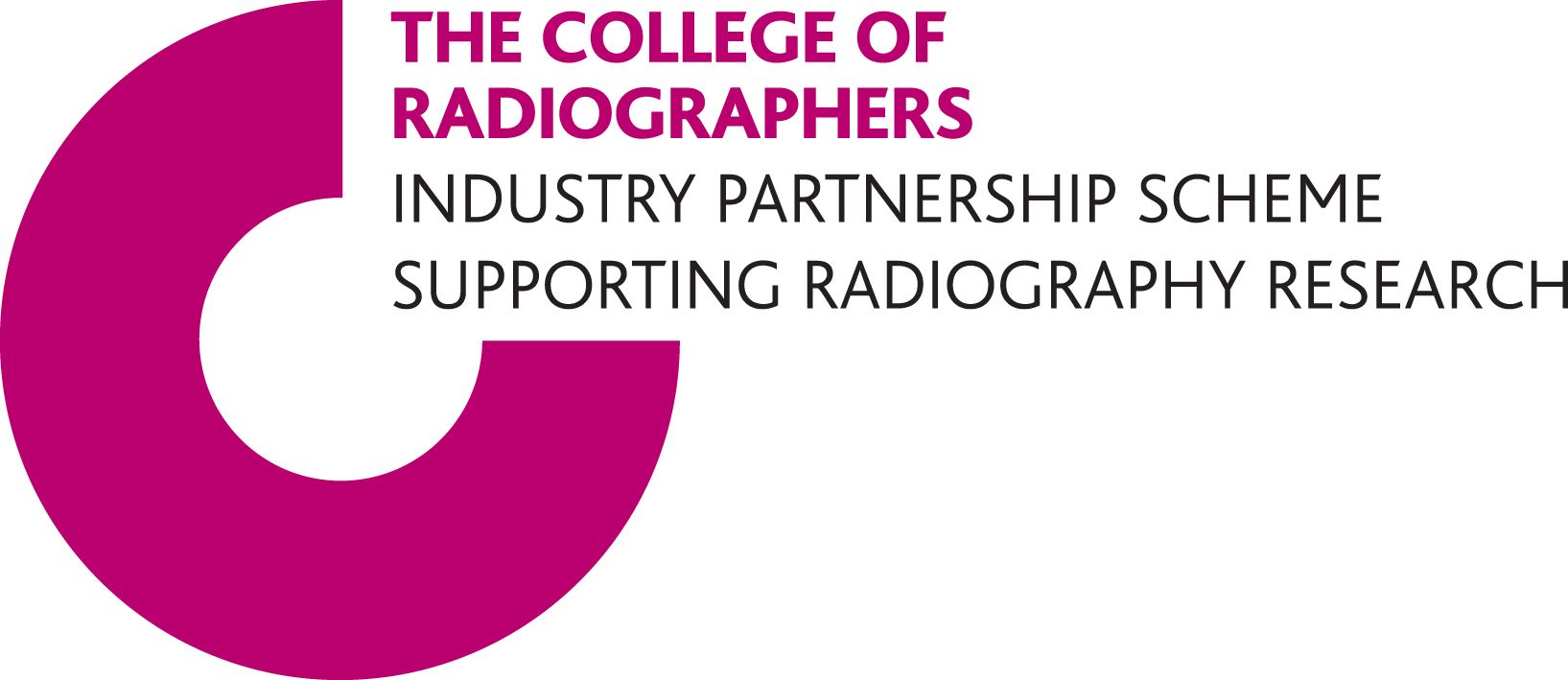News
Briefing
SoR cautions separate pay spine for NHS nurses will cause ‘complete instability’
The SoR has cautioned against the government’s plans to introduce a separate pay spine for nurses in the NHS.
Last month, the Department for Health and Social Care opened a public consultation on the proposal to offer nurses a separate pay system from other NHS health workers.
But the idea has been met with opposition from a number of professional bodies, including the SoR, over concerns the new pay spine would divide professions and would not fix pay issues within the NHS.
The SoR plans to submit a collective response in opposition to this proposal and has encouraged members to respond directly with their views before the closing date at noon on 4 April.
According to the Society, issues in the radiography workforce are similar to those facing nursing, and warned that separating one profession from the others “does not fix the problems but will create complete instability of Agenda for Change as well as dividing the power of the trade union collective.”
Greg James | Radio 1 DJ
Greg James | Radio 1 DJ
Society CEO Richard Evans returns to Radio 1 with Greg James
SoR CEO Richard Evans' unexpected encounter with pop star Dua Lipa has continued to make waves after the video of his impromptu interview garnered attention in the US.
Mr Evans’ first meeting with the musician happened in November during a viral stunt, where he was approached in the street and given the opportunity to listen to the singer's newest single 'Houdini' before any other member of the public.
The interview sparked interest online when radiographers shared their support on X (formerly Twitter), prompting Radio 1 to invite Mr Evans on to the show a few days later.
On Monday, 15 January, Mr Evans was once again invited on to Greg James' show, after the viral video appeared on a US chat show.
Mr Evans said at the time: “It’s my job to have their [the radiography community’s] back, so it’s really nice that everyone’s come out and made the comments. Radiography doesn’t get very much airplay, however hard we try. I’d like to say ‘hi’ to all radiographers listening, thank you for your support, and keep doing the good work.”
SoR responds to concerns over ‘systemic failings’ in bone density scanning
The Royal Osteoporosis Society has published results from a parliamentary inquiry on osteoporosis and bone health, which reveals the UK to be among the worst in Europe for bone density scan services.
According to the report, titled ‘APPG on Osteoporosis and Bone Health - Review of DXA (bone density scanning) facilities’, 250,000 people per year are pointlessly exposed to harmful radiation due to bone scanning negligence in the NHS.
The report also revealed that dual-energy x-ray absorptiometry services face workforce challenges, highlighting significant increases in both waiting times and numbers of patients waiting for a DXA scan.
The inquiry concluded that:
- The number of scanners per head of population in the UK is one of the lowest in Europe (23rd out of 29 countries)
- Long waiting lists are delaying access to treatment for people who are at high risk of fracture
- The knowledge and skills requirements to expand and develop the DXA workforce have been overlooked. There has been no accredited DXA reporting training available in the UK since the closure of the only course provider in 2022
- Some services have stopped reporting DXA scans. Instead, referring clinicians are sent scan images with uninterpreted measurements
Radiographers help update consent forms with inclusive language
SoR members working in equality and diversity have highlighted a number of areas where forms could be more inclusive, following the adoption of the Royal College of Radiologists’ (RCR) national radiotherapy consent forms in 2021.
Radiographers involved in the SoR’s Radiation Induced Skin Reaction (RISR) Special Interest Group and the SoR LGBTQI+ Equalise group found these forms could be improved to meet the inclusivity needs of patients who have historically not been included in the development of medical information and resources.
One area which required review was the use of gendered language for treatment sites associated with the male or female gender, such as prostate, breast and gynaecological cancers.
Much of this was easily remedied by using language already used in the consent forms designed for gender neutral treatment sites, however some aspects were more challenging to address, such as the term “fathering children” used in all consent forms except for breast and gynaecological.
James Barber, radiotherapy pre-treatment superintendent therapeutic radiographer and SoR LGBTQI+ Equalise Workers Group Chair
James Barber, radiotherapy pre-treatment superintendent therapeutic radiographer and SoR LGBTQI+ Equalise Workers Group Chair
Naman Julka-Anderson, advanced therapeutic radiographer with the inclusive skin assessment team
Naman Julka-Anderson, advanced therapeutic radiographer with the inclusive skin assessment team
Grantham and District Hospital’s ‘kitten scanner’ helping children through MRI scans
An interactive 'kitten scanner' toy is being used at the Grantham and District to Hospital to help children understand MRI scanning, what it feels like to have a scan, and how the results can help their recovery.
The technology, a £15,000 scanner and app, has already allowed dozens of children to be scanned without the need for any sedation, in just its first few months of use.
Radiographer Helen Disbrow-Carpenter said: “Previously, many of our young patients may have needed to be sedated for their scan, but now through play we can do it without. By not needing sedation it means they can have their scans quicker. It is so much better for our patients, their parents and also it frees up hospital resources for our other patients.”
The kitten scanner, made by Philips, is a miniature scanner used in a hospital waiting room that children can use while waiting for upcoming MRI or CT procedure. It makes use of the Scan Buddy app, which helps to educate children to help them understand the scans.
College of Radiographers Industry Partnership Scheme announces new industry partners for 2024
The College of Radiographers has welcomed four new partners to its research grant scheme, to support essential radiography research.
CoR Industry Partnership Scheme (CoRIPS) is a research grant that funds projects related to any aspect of the science and practice of radiography, and is supported by industry partners that contribute funds to enable research.
Successfully obtaining a grant can enable radiographers to be primary investigators in research projects, even without any previous research experience. The scheme offers funding of up to £5,000 for small projects and up to £10,000 for larger projects.
The new industry partners include German pharmaceutical company Bayer as a Diamond level partner, French medical imaging manufacturer Guerbet as a Premier partner, as well as Skilled Personnel and Qure.ai at the industry partner level.
Image credits: Comic Relief/BBC Children in Need/Comic Relief via Getty Images
Izusek/E+/ Getty Images
Alastair Staley
United Lincolnshire Hospitals NHS Trust








